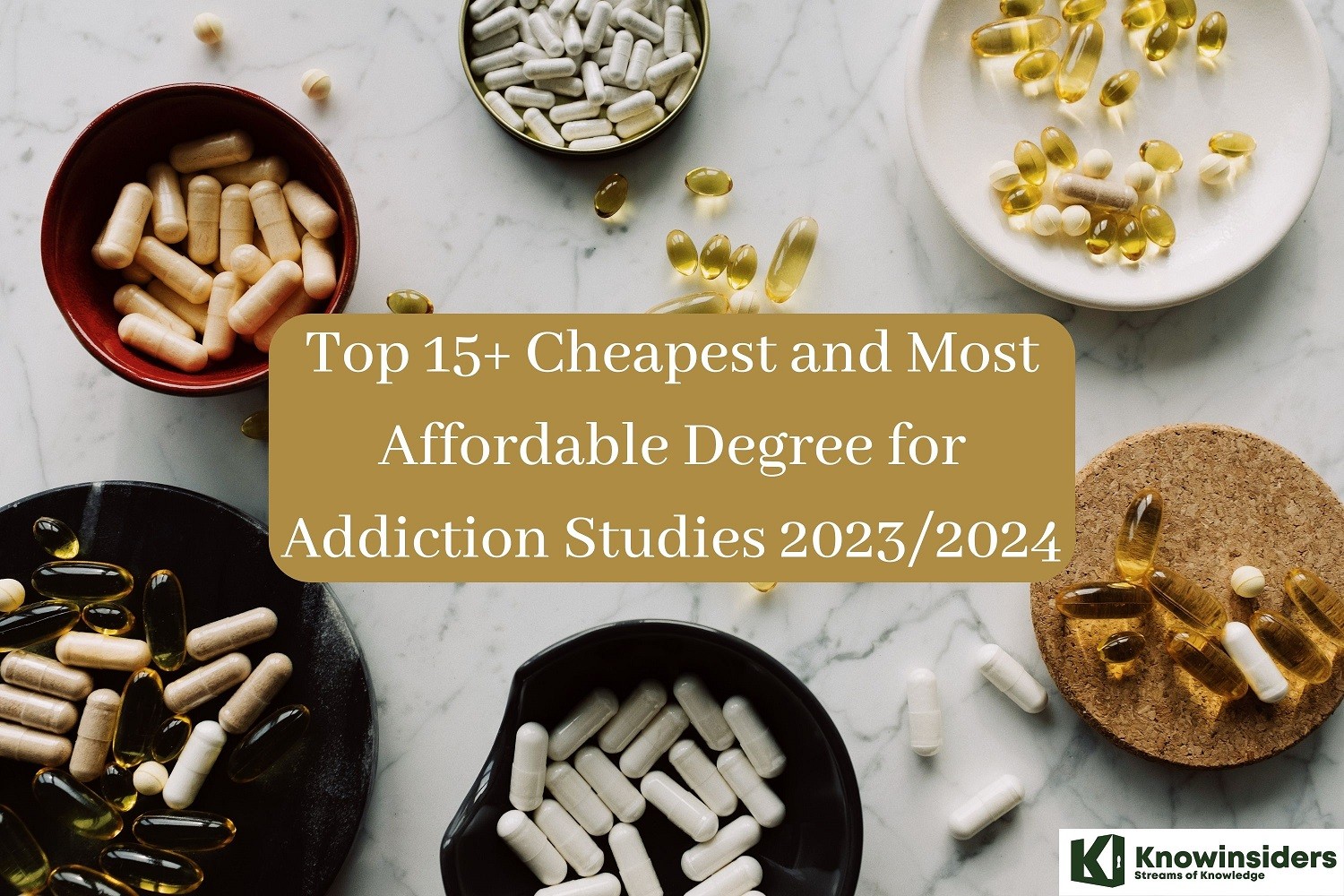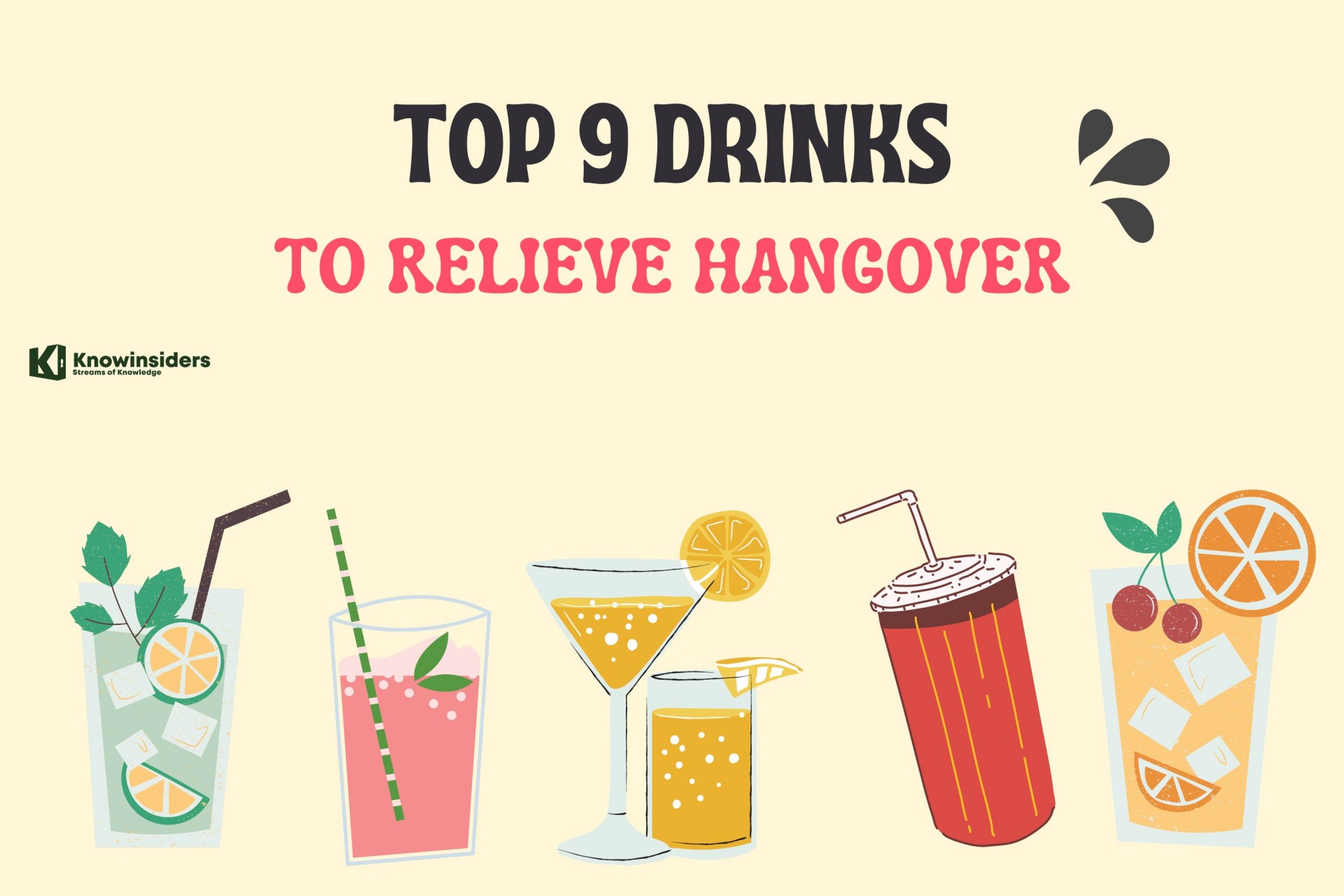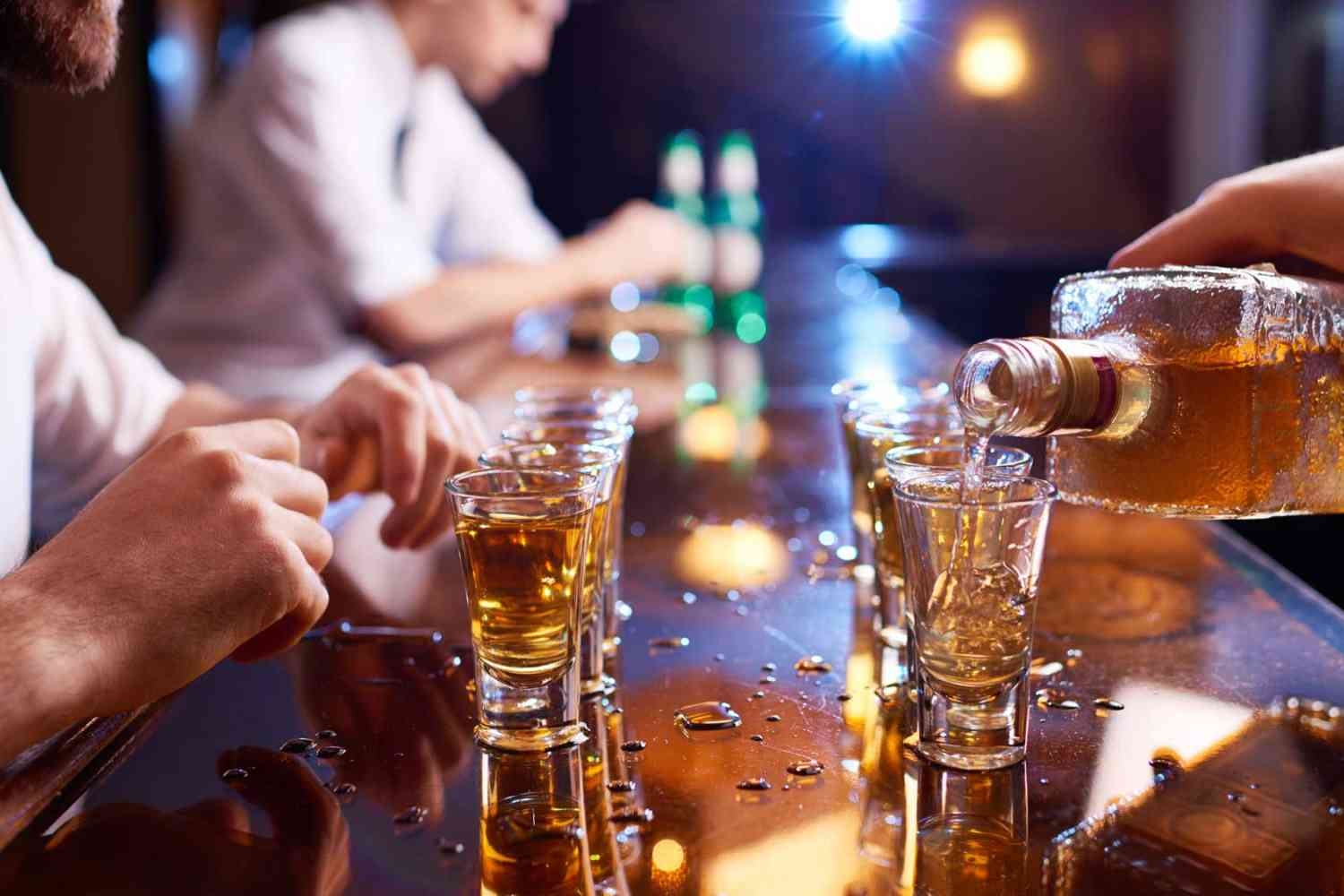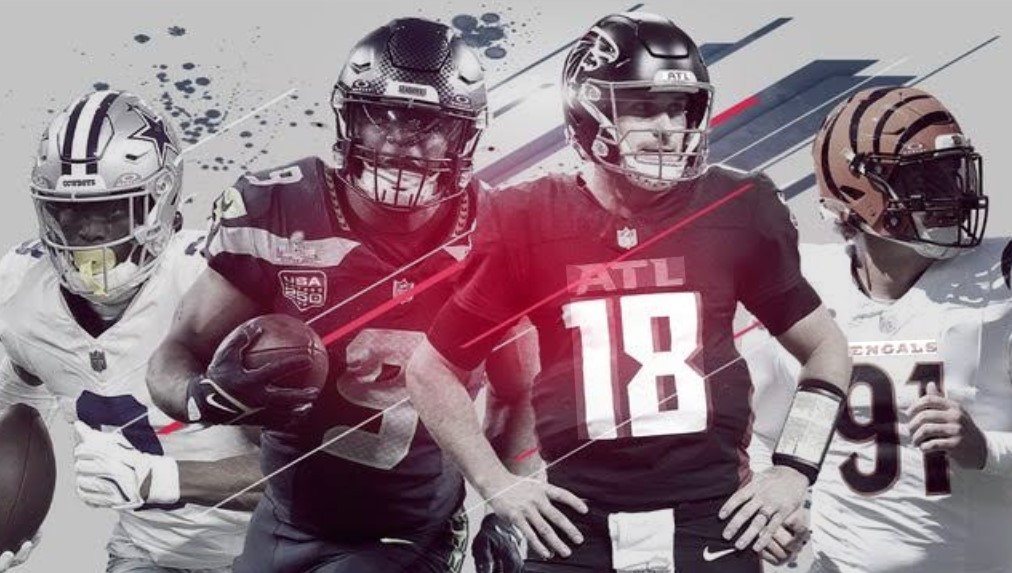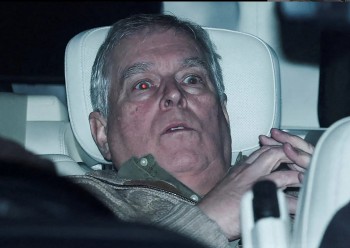What Happens When You Stop Drinking Alcohol?
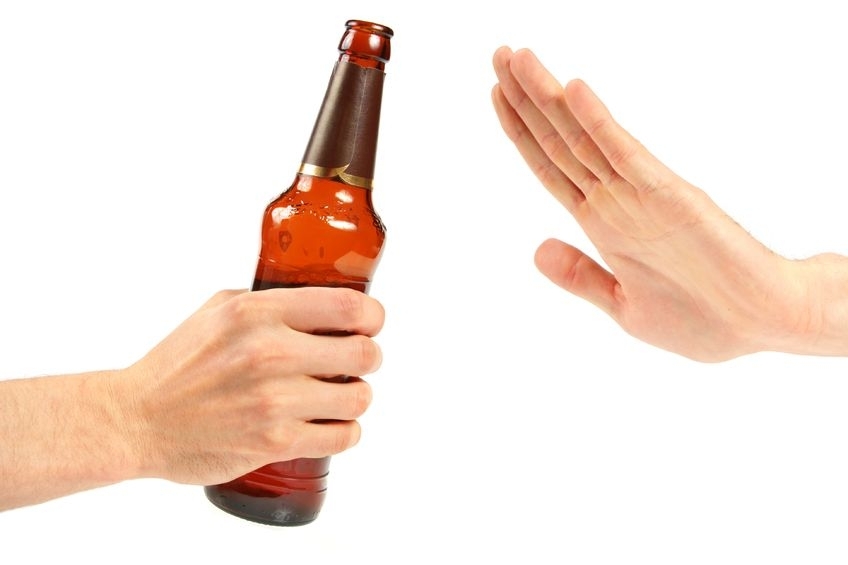 |
| Stop Drinking. Photo: Hcg Diet for Weightloss |
Quitting or reducing alcohol for as little as one month reliably gives an uptick in physical wellbeing, mental health and mood, productivity and focus, the stability of relationships, and money left in our pocket.
But there are potential downsides – some of them serious. You need to be aware of these, so be sure to read the last section before you take the plunge.
The Benefits
Better Sleep
Alcohol might get you drowsy at first, but it can wake you up repeatedly in the night as your liver does the vital work of metabolizing it out of your system. It can increase brain activity which disrupts sleep, particularly during the second part of the night. It disrupts the important, restorative, REM stage of sleep and may interfere with your breathing. You also may need to get up more often to go to the toilet, Hello Sunday Morning cites.
When you give up alcohol you’re likely to notice a much deeper and restful sleep pattern emerging.
Your Liver Will Thank You
Your liver’s job is to get rid of toxins in your blood, and you really make it work overtime when you drink alcohol. Drinking more than the recommended amount – that’s more than 14 standard drinks a week – can lead to debilitating chronic diseases such as liver disease, some cancers, oral health problems and cardiovascular disease2. The good news is that your liver has some capacity to repair itself and even regenerate. So it’s a good idea to help it along by reducing or stopping your alcohol intake.
Improved Skin
Alcohol has a dehydrating effect on the skin, and this becomes particularly noticeable on your face. Fortunately, most of the effects are reversible, and people who give up drinking usually notice a glow returning to their complexions within a week or so.
Alcohol directly causes 2.8% of cancers each year and is classified as a class 1 carcinogen. Another category 1 carcinogens you might have heard of include asbestos and tobacco smoke. Yet people who run a mile from asbestos and cigarettes are often quite happy to down a bottle of red each evening.
Increased Productivity
Fewer hangovers mean fewer sick days and a better ability to concentrate on workday tasks. We’ve actually tested this with the Daybreak app on 287 people over three months. Their reduction in drinking was accompanied by a reduction in ‘days out of role’ from 3.5 days to 0.5.
Your Heart Gets Healthier
You might have heard that a regular glass of red wine is good for your heart. In fact, the jury is still out on that one, and if it is true, then it’s only true for very light drinkers (less than one standard drink a day) – increasing the dose certainly doesn’t increase the effect in this case! If you drink more than that, you increase your blood pressure, levels of fat called triglycerides, and chances of heart failure.
If your blood pressure is too high, you might be able to bring it down by doing one simple thing: giving up alcohol. Even just moderating your intake can help. It may not reduce your blood pressure enough though, so it’s best to talk to your doctor about this and other things you can do to help yourself.
Risk of developing some cancers decreases
Alcohol directly causes 2.8% of cancers each year3 and is classified as a class 1 carcinogen4. Other categories of carcinogens you might have heard of include asbestos and tobacco smoke. Yet people who run a mile from asbestos and cigarettes are often quite happy to down a bottle of red each evening.
You Won’t Get As Sick As Often
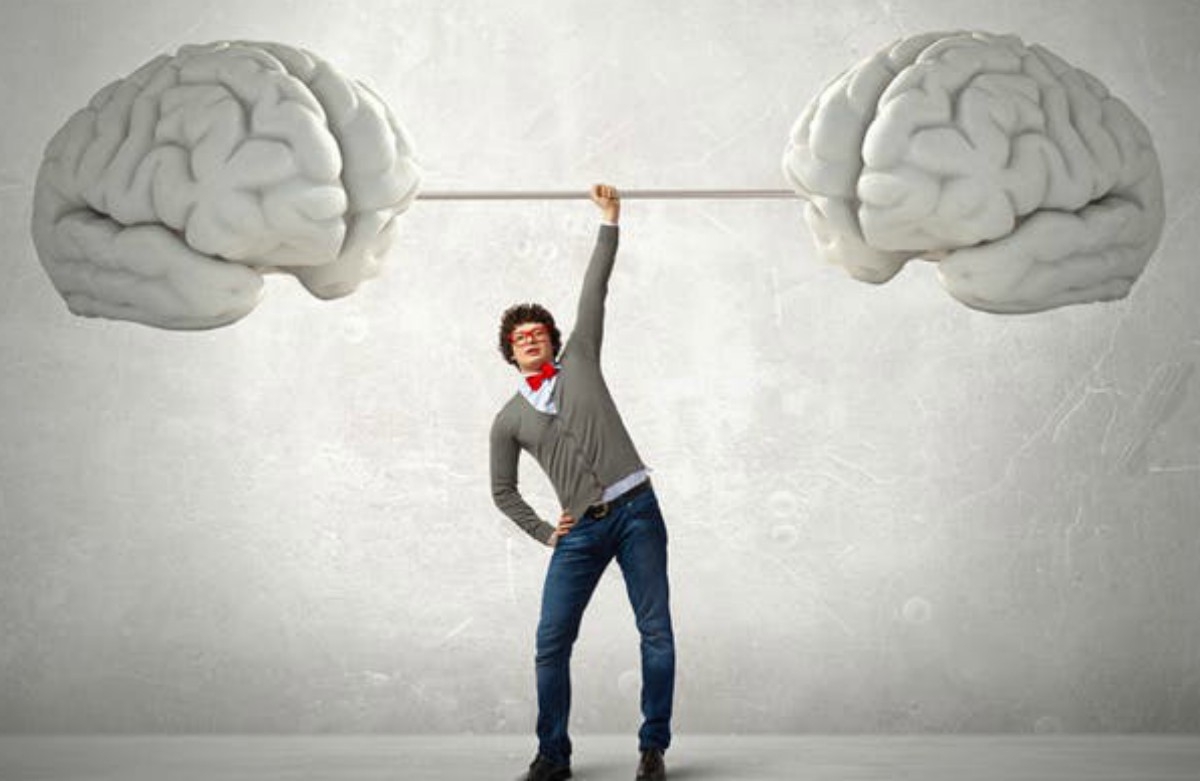 |
| You Won’t Get As Sick As Often. Photo: Raised Vibrations |
Over time, large amounts of alcohol blunt your body’s ability to ward off infection and to repair itself. Ease up on your drinking and you’re likely to stay healthier, longer.
The Drawbacks
Cravings
Alcohol is an extremely addictive drug, and if you have been consuming it for a long time, it is likely that you have been conditioned to think that you "need" to drink in certain social situations, like weddings or on a date. "You may feel like you're missing out on something," says Leon. "It may take some time for the cravings to go away, but remember, the cravings are entirely normal."
Sugar cravings
Consuming alcohol, caffeine or sugar all lead to the release of dopamine and serotonin, the "feel-good" neurotransmitters. So when you stop consuming one of those things, e.g. alcohol, your body might start craving other sources, e.g. sugar. "Also, when you stop drinking, you can expect your blood sugar levels to drop dramatically," says Leon. "I say, don't give yourself a hard time. You're currently recovering, which wreaks complete havoc on your body, and is going to take time.", according to Menshealth.
| Warning: For some people, giving up can be dangerous! If you’ve been drinking alcohol heavily for a long time you may have both psychological and physical problems when you stop drinking or seriously cut back. This is called alcohol withdrawal, and the symptoms can range from mild to life-threatening. If you don’t drink heavily, you’re unlikely to get withdrawal symptoms when you stop. But if you’ve gone through alcohol withdrawal once, you’re more likely to go through it again the next time you quit. |
 | What is green poop disease in kids? Green poop in kids can be alarming but is usually not a cause for concern. Diet, such as eating leafy greens, often causes green poop. ... |
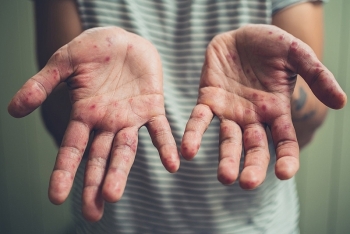 | What is Syphilis: Causes, Symptoms and Best Treatment What is Syphilis and How Is It Treated: Syphilis is a sexually transmitted infection caused by a type of bacteria. We explain the symptoms, complications, ... |
 | What is Acne: Causes, Tips and treatment at home What is Acne: Embarrassing blemishes can hit everyone - from eighth graders to engineers. While acne is not a serious health threat, it is significant ... |

